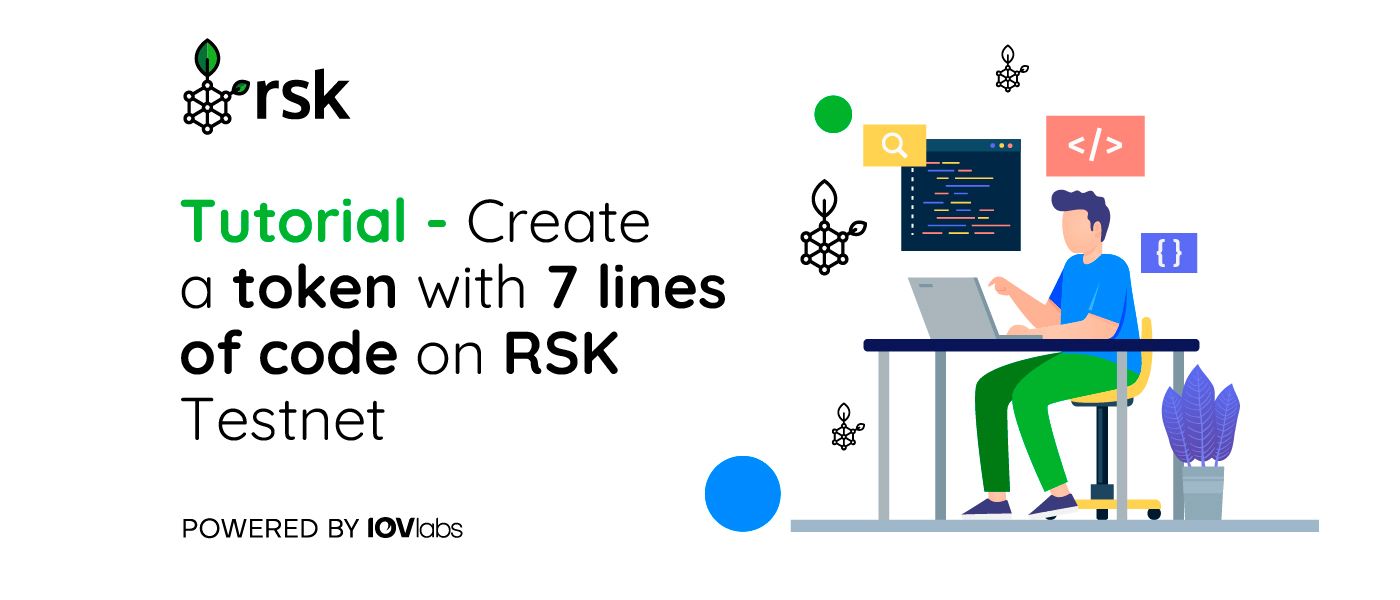524 reads
Creating a Token With only 7 Lines of Code on RSK Testnet - A Step by Step Guide
by
September 4th, 2020
Audio Presented by
About Author
Smart Contract Platform On Top of Bitcoin
Comments
TOPICS
Related Stories
µRaiden: Micropayments for Ethereum
HackerNoon Writer
Sep 19, 2017
µRaiden: Micropayments for Ethereum
HackerNoon Writer
Sep 19, 2017

